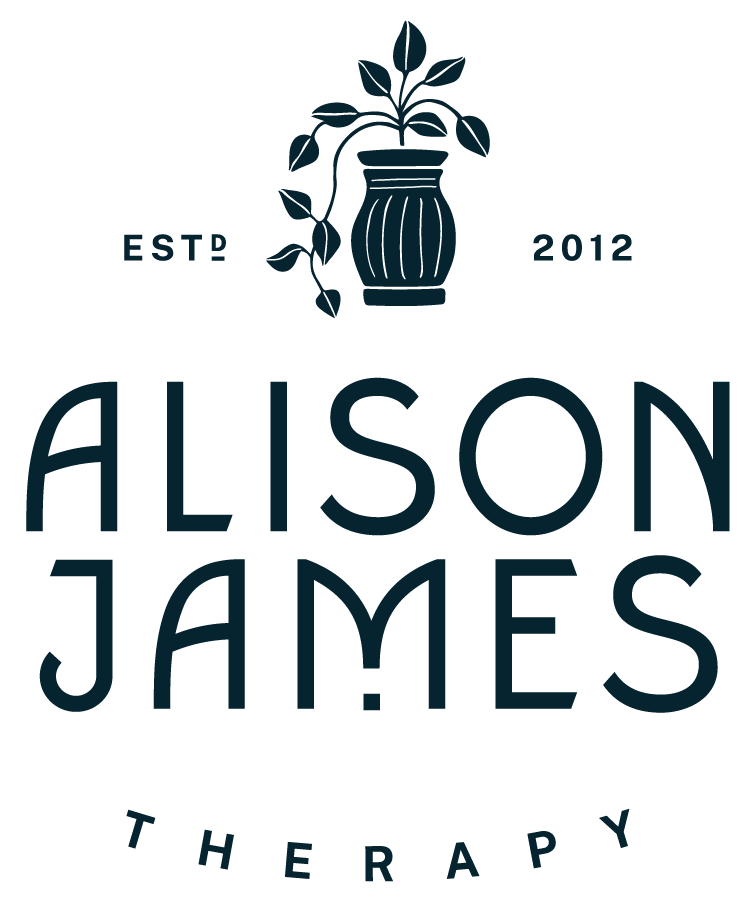My Approach
Do you feel like you’ve gotten too far away from who you really are, or who you want to be? Therapy can help you come home to yourself. I work to see you and your experience clearly, support you with skill and care, and gently challenge you to bring more of yourself into awareness and being. You will find me to be warm, non-judgemental, direct, playful, and attentive in session.
on holding space
“We all need a place where we can weep and be held and feel our feelings and figure out how those feelings can direct our next evolution.”
adrienne maree brown













